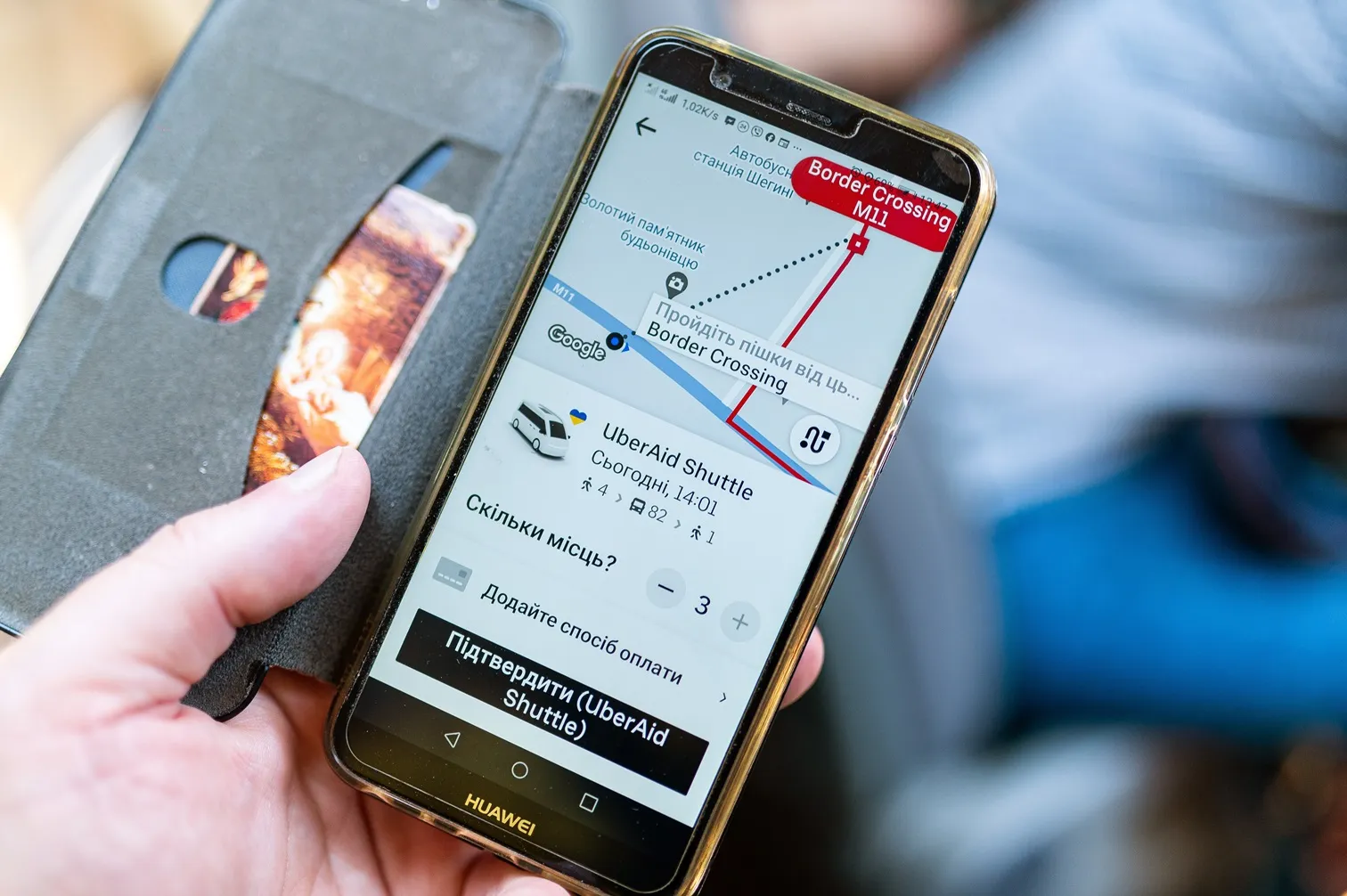
Fort Worth in Texas is connecting more than 800 Q-Free advanced transportation controllers to improve regional traffic coordination in the Dallas-Fort Worth metropolitan area.
Q-Free’s control systems include the Intelight Maxtime signal control software and Intelight Maxview advance traffic management system.
Fort Worth will have centre-to-centre communication capability with Maxview systems deployed in neighbouring jurisdictions, including Dallas, Irving and Coppell – all in Texas state.
“As a fast-growing economic and cultural hub, the Dallas-Fort Worth metropolitan area aims to unite the region’s traffic operations to best serve the community,” said Tom Stiles, executive vice president of urban solutions for Q-Free.
“The ability to share data, manage signals and even coordinate first responder emergency pre-emptions across jurisdictions will have a profound impact on traffic and safety.”
The purchase was finalised in late February but only a small percentage of the project was completed prior to the current Covid-19 pandemic and lockdowns.
However, local Q-Free dealer Texas Highway Products is continuing the installation using remote technology.
The new advanced traffic systems and controller deployment will position Fort Worth for the future of transportation network development, including connected and autonomous vehicles, according to Q-Free.
“In our recent history, we’ve witnessed major evacuations throughout the country because of hurricanes, flooding and other natural disasters,” said Darold Cherry, chief executive of Texas Highway Products.
“Having the capability to coordinate seamlessly between jurisdictions could keep those communities and their residents safer.”
Q-Free, founded in 1984, is based in Trondheim, Norway, and has global revenue of around US$120 million.
It employs more than 400 people in 16 countries. Q-Free’s brands include Intelight, OpenTMS and Intrada.
The products are used in intersection control, coordinating highways and arterials, incident management, toll operations and parking guidance at the local, regional and state levels.










